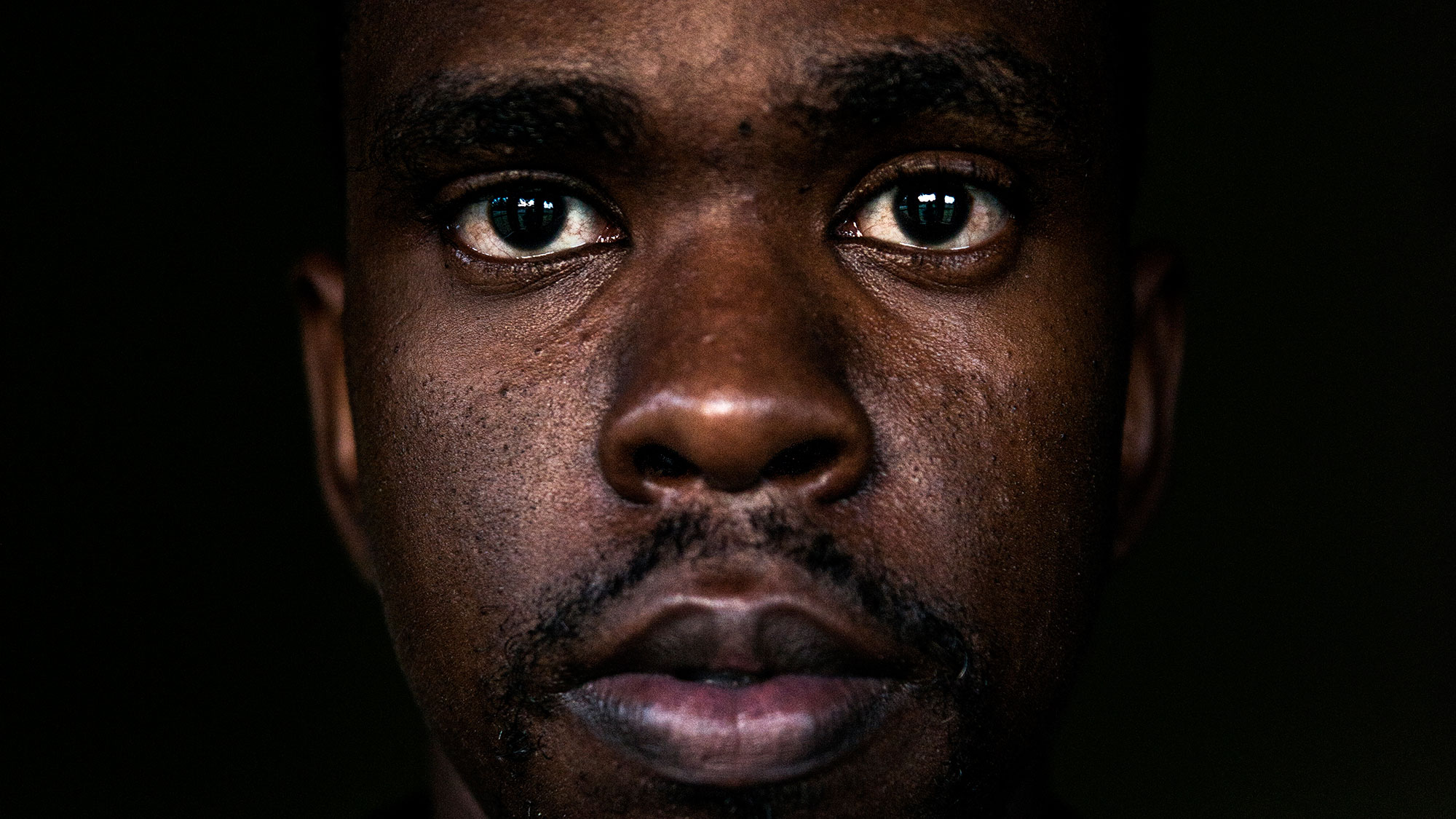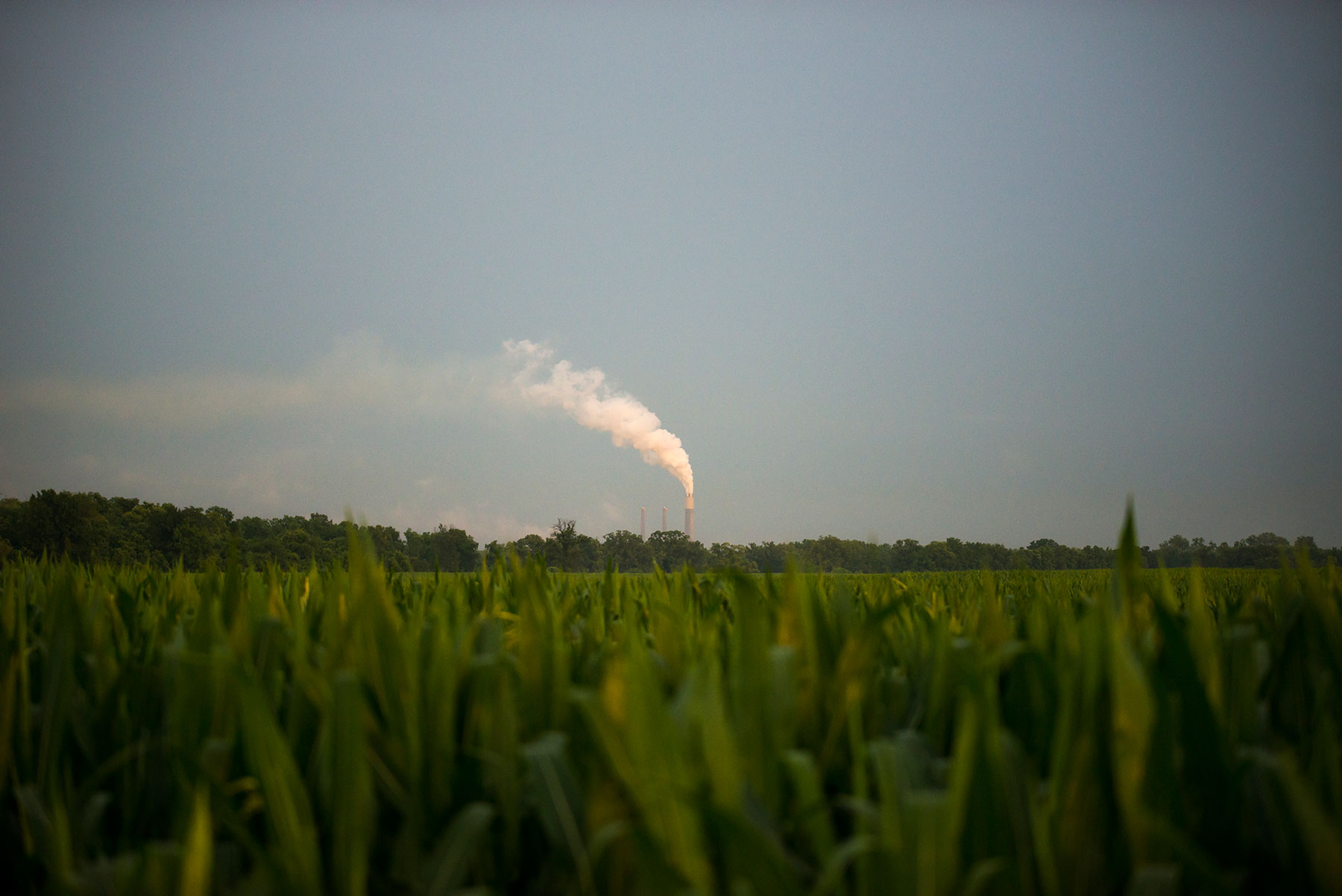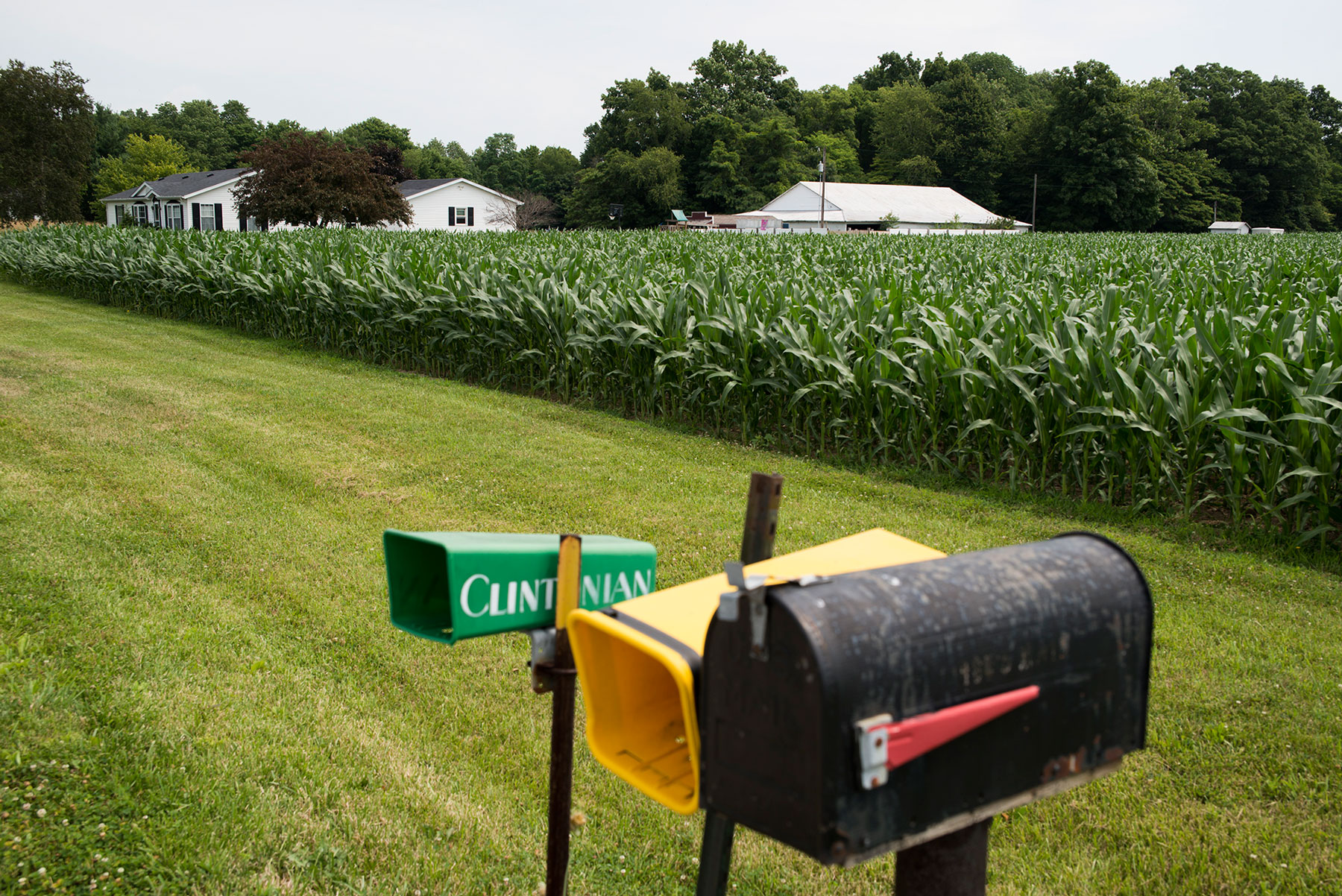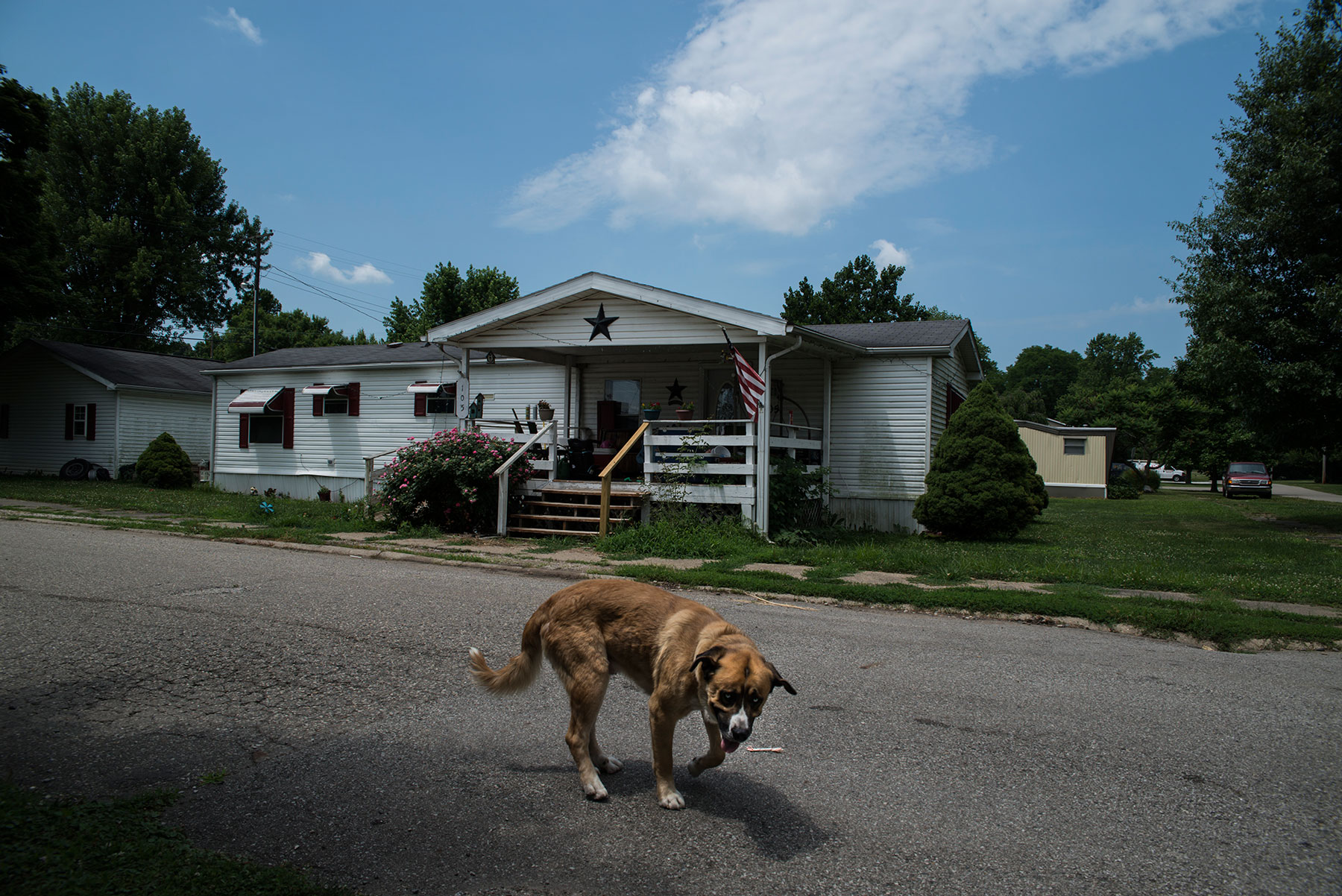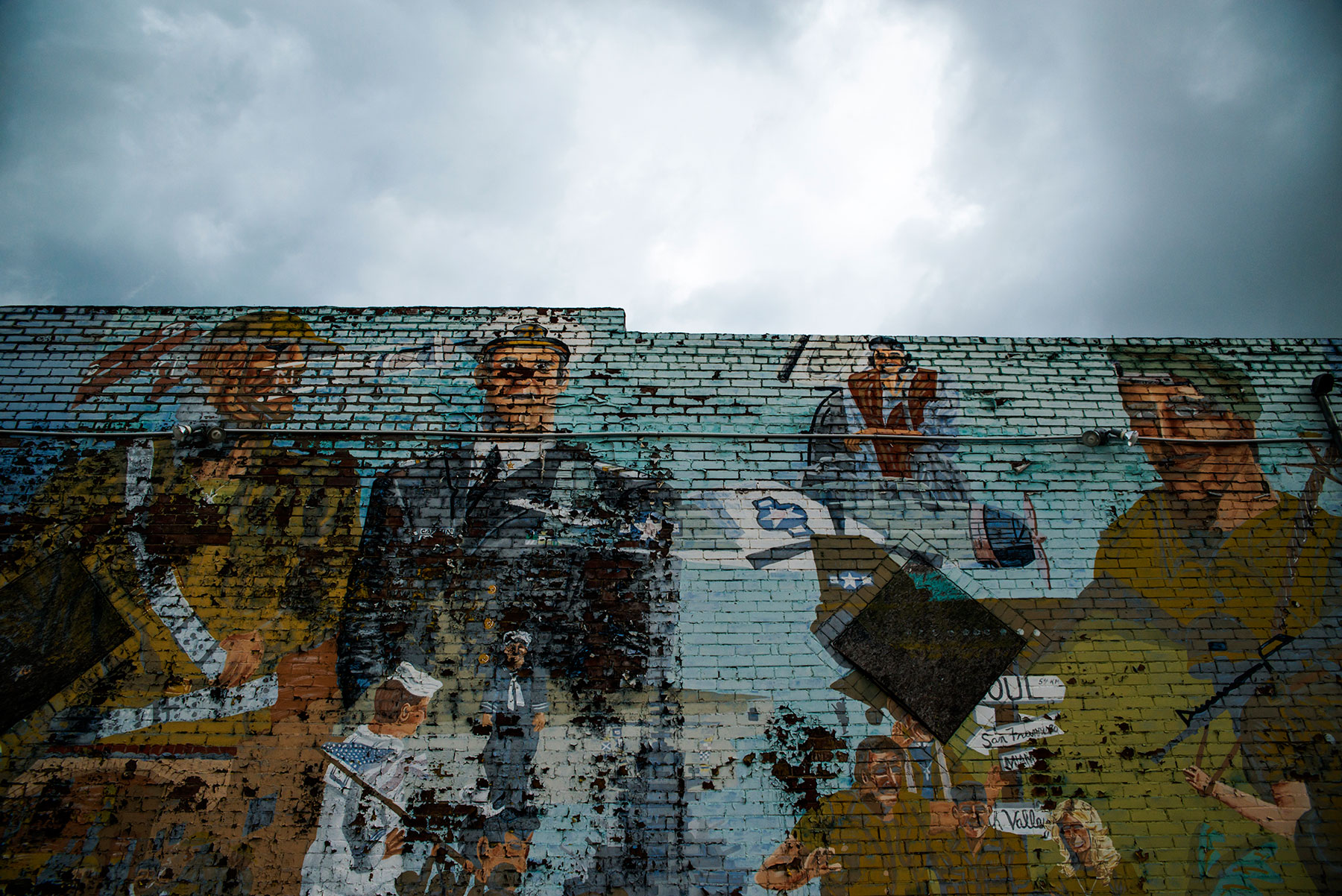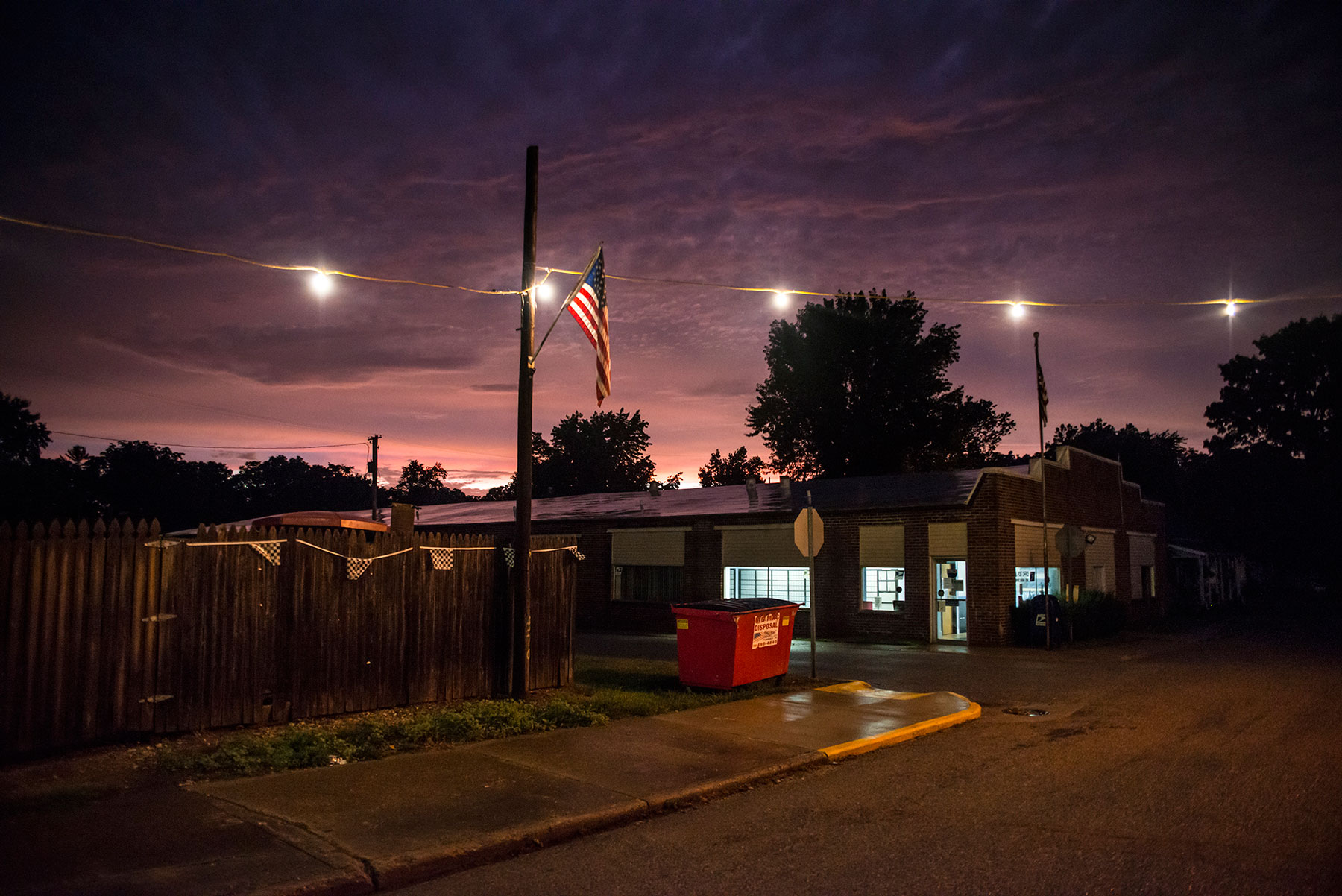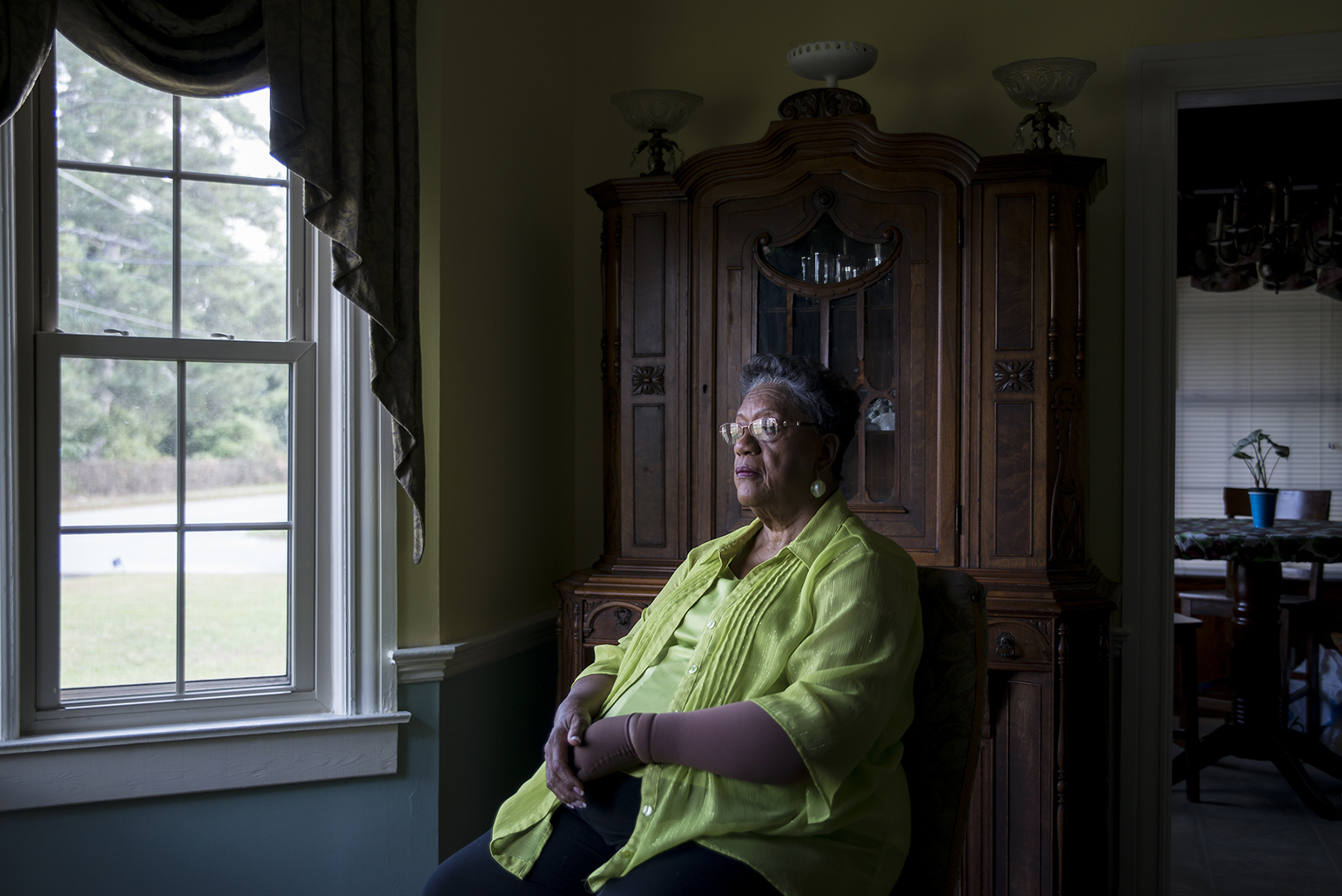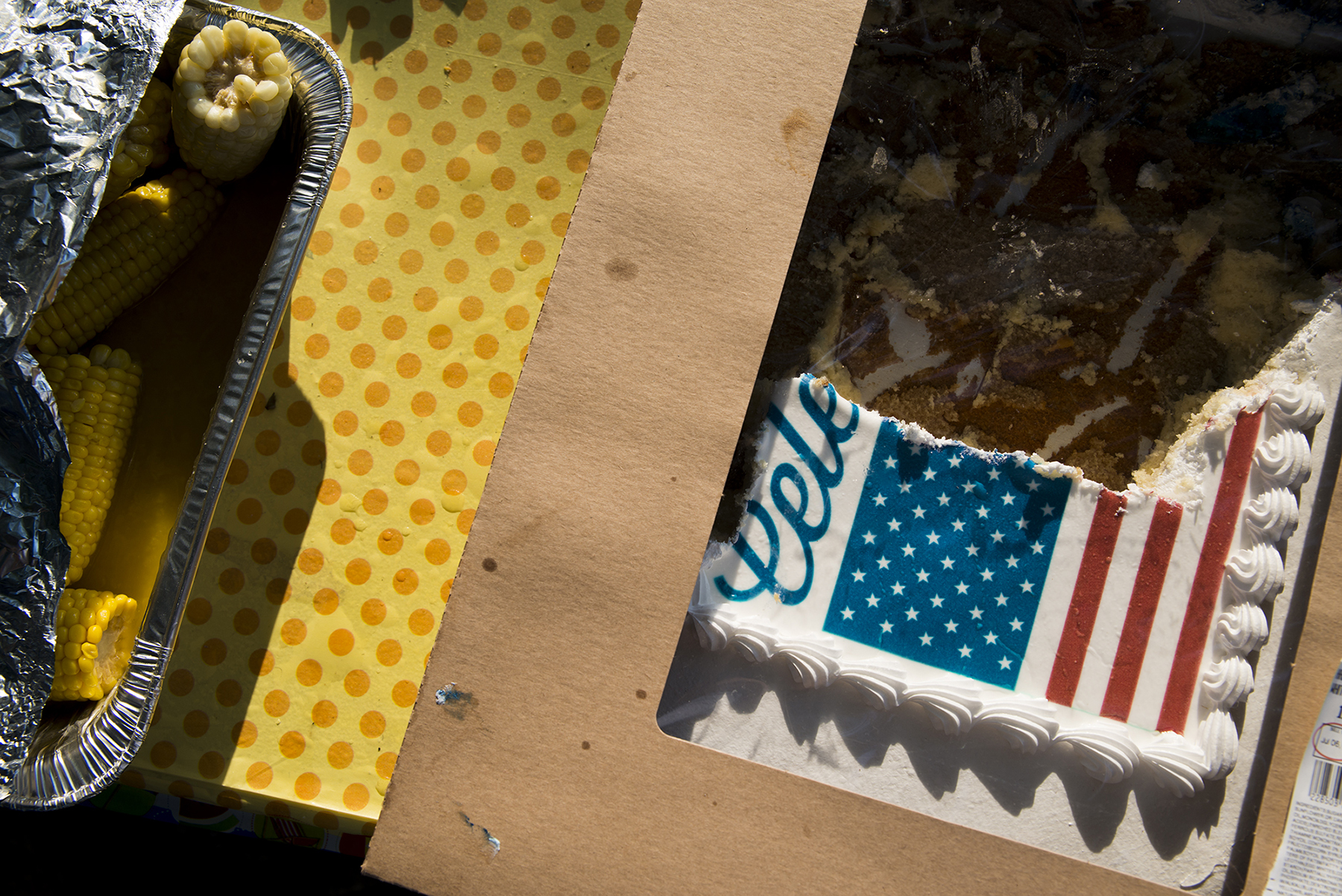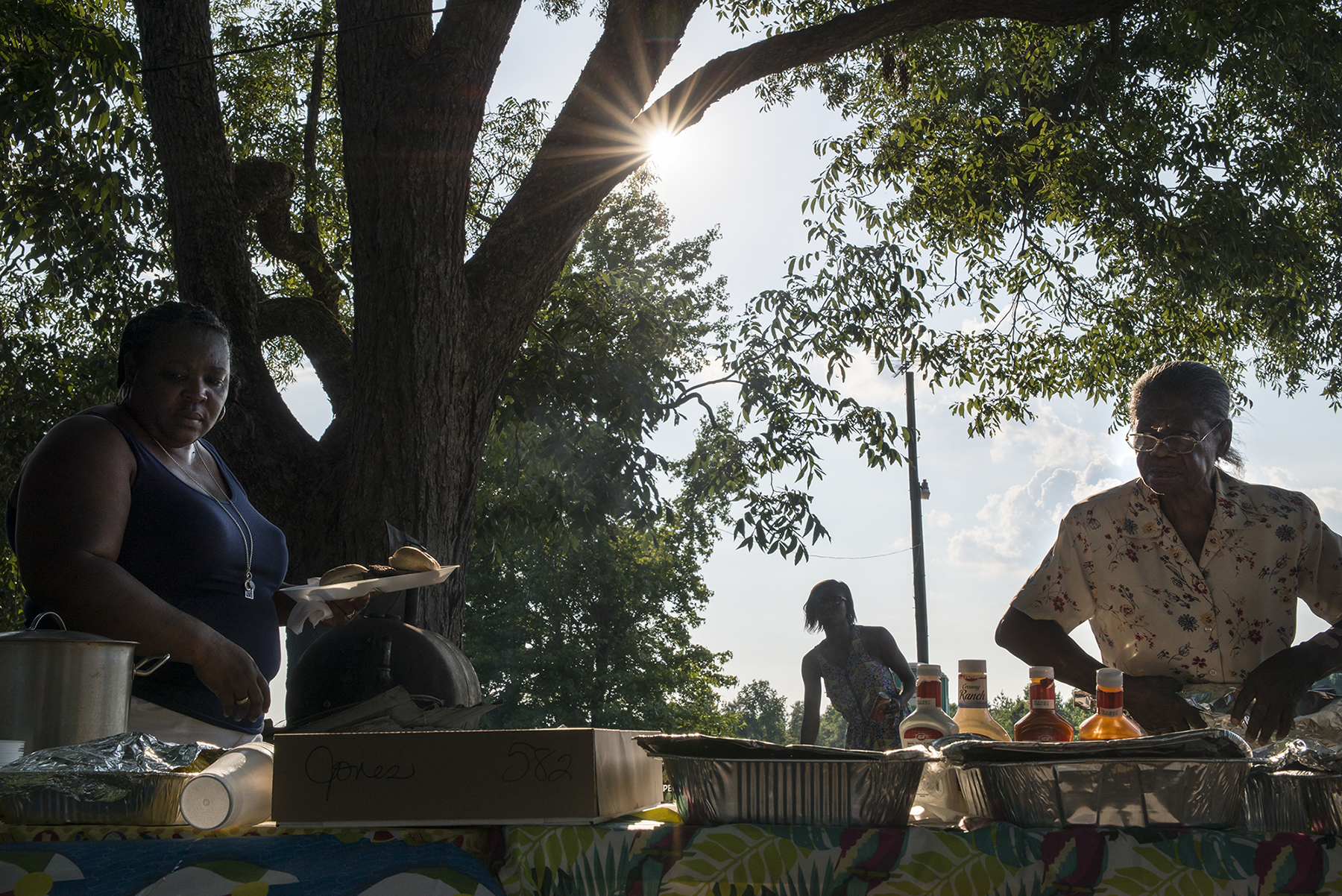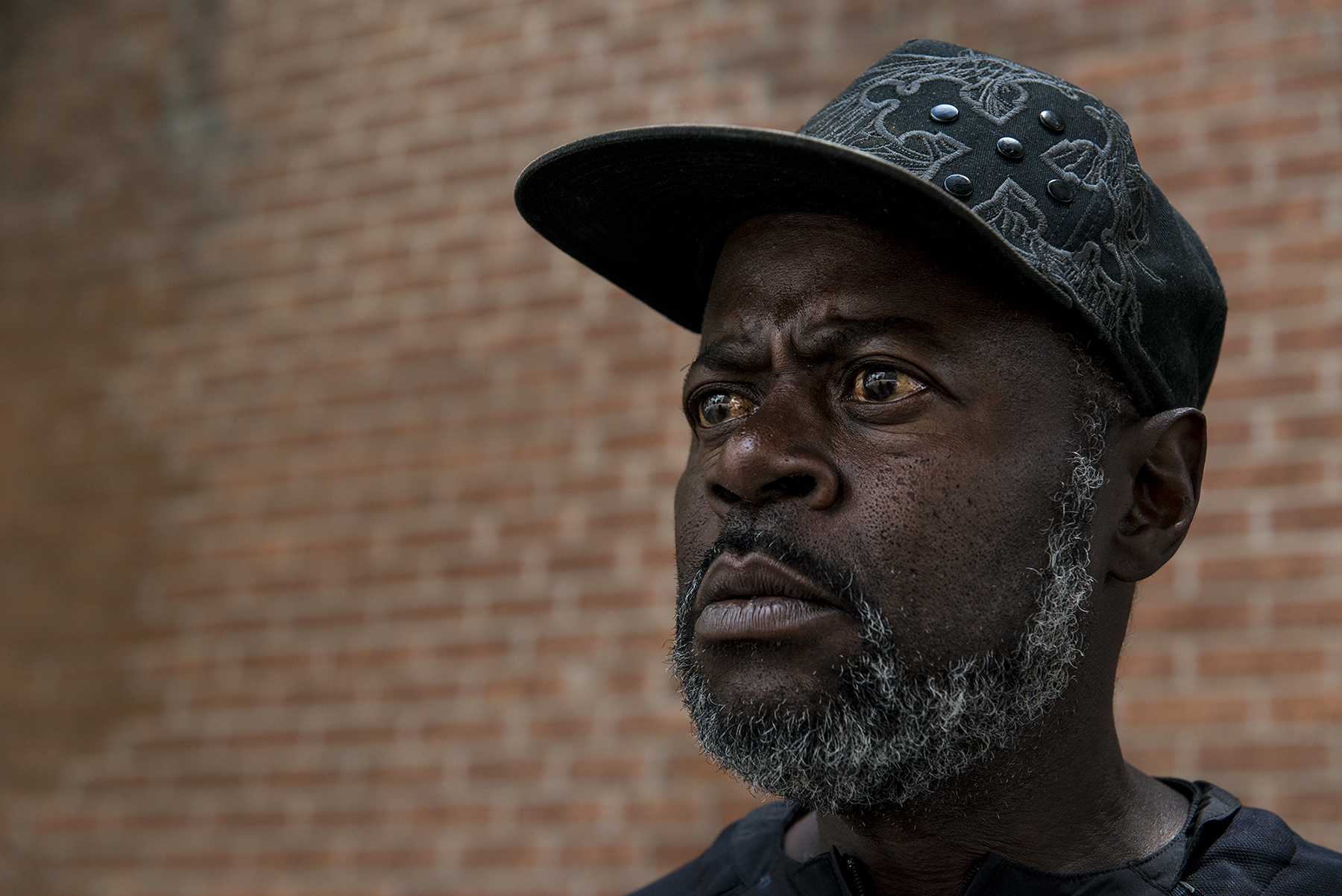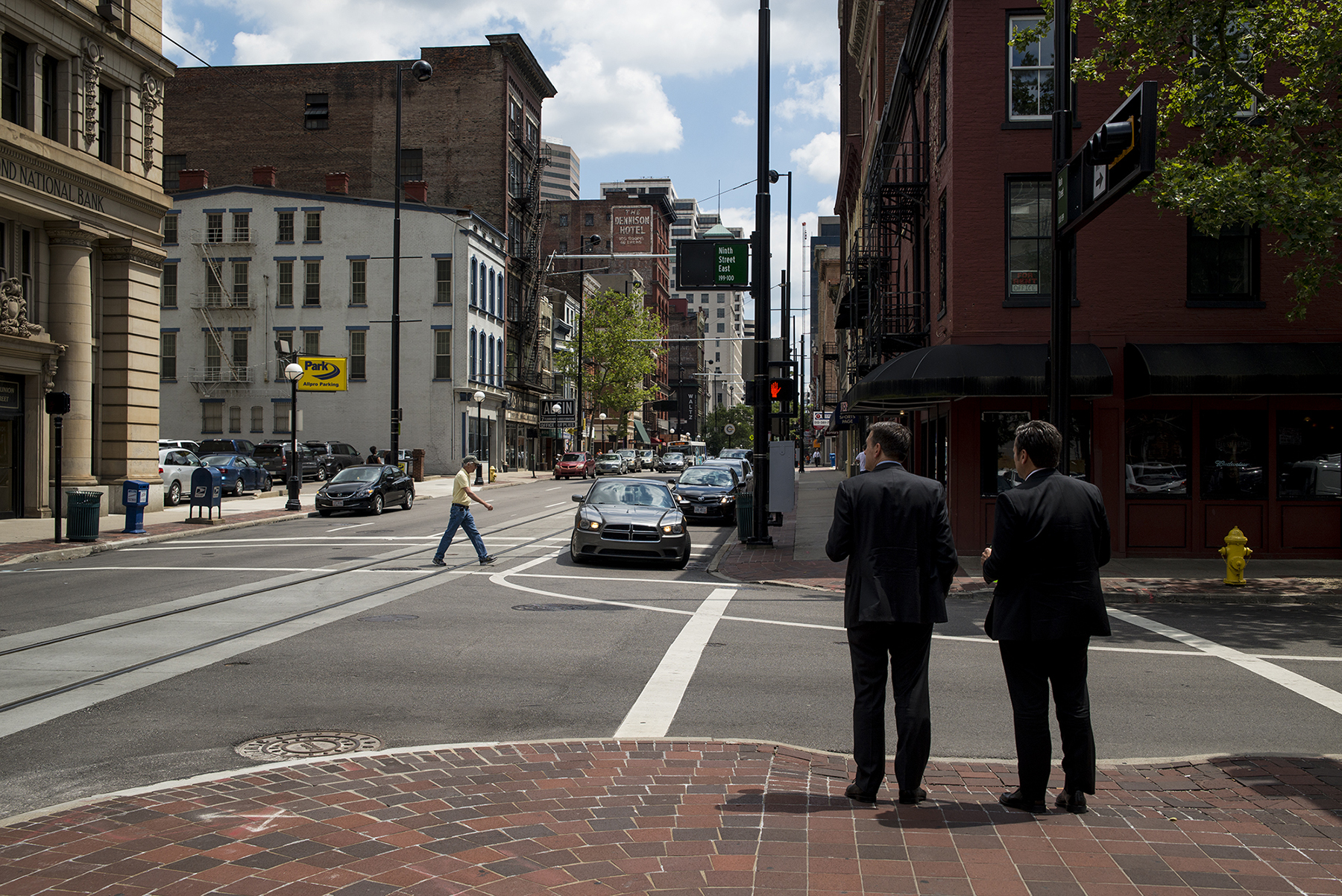America scrubs millions from the voter rolls. Is it fair?
SPARTA, Ga. — The cleansing of America’s voter registration rolls occurs every two years and has become a legal battleground between politicians who say the purges are fair and necessary, and voting rights advocates who contend that they discriminate.
Voting rights groups repeatedly have challenged states’ registration purges, including those in Ohio, Georgia, Kansas and Iowa, contending that black, Latino, poor, young and homeless voters have been disproportionately purged. In Florida, Kansas, Iowa and Harris County, Texas, courts have ordered elections officials to restore thousands of voters to the registration rolls or to halt purges they found discriminatory.
The 1993 National Voter Registration Act mandates that state and local elections officers keep voter registration lists accurate by removing the names of people who die, move or fail in successive elections to vote. Voters who’ve been convicted of a felony, ruled mentally incompetent or found to be noncitizens also can be removed. The U.S. Election Assistance Commission reported that 15 million names were scrubbed from the lists nationally in 2014.
Related Stories
News21 analyzed lists of nearly 50 million registered voters from a dozen states, and 7 million more who were removed over the last year. By comparing voter registration and purge lists against U.S. Census data, News21 found no national or statewide pattern of discrimination against voters based on race, ethnicity, poverty, age or surname.
But the data did show that purges disproportionately affected minority or low-income voters in certain communities, and white voters in others. In Cincinnati, poverty rates and voter removals appeared interrelated, while race appeared to affect the removal of voters in rural Hancock County, Georgia. In Vermillion County, Indiana, a shrinking population accounted for large numbers of white registered voters being removed from the rolls.
